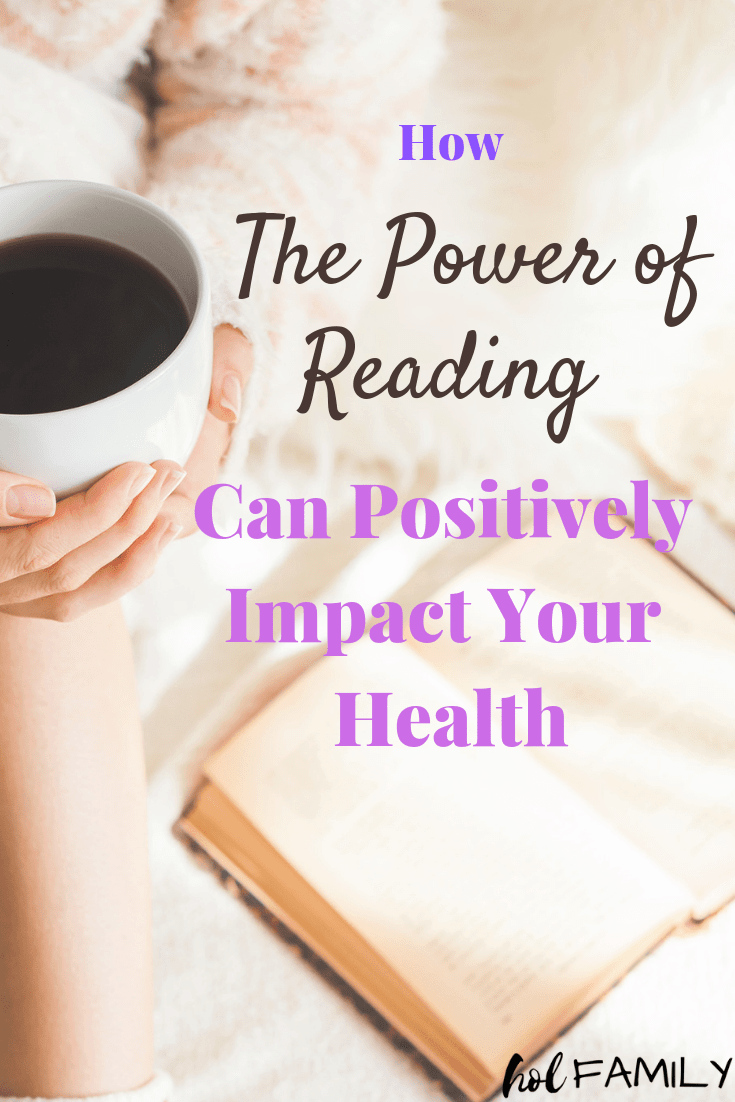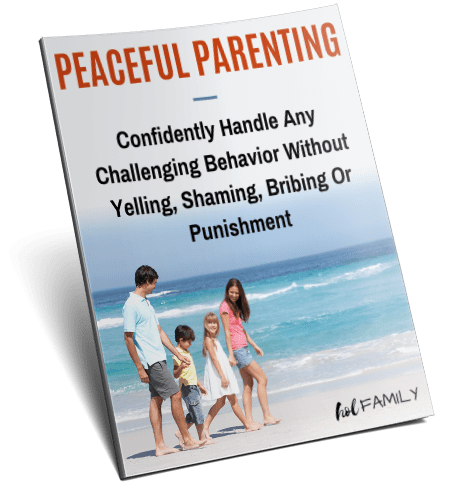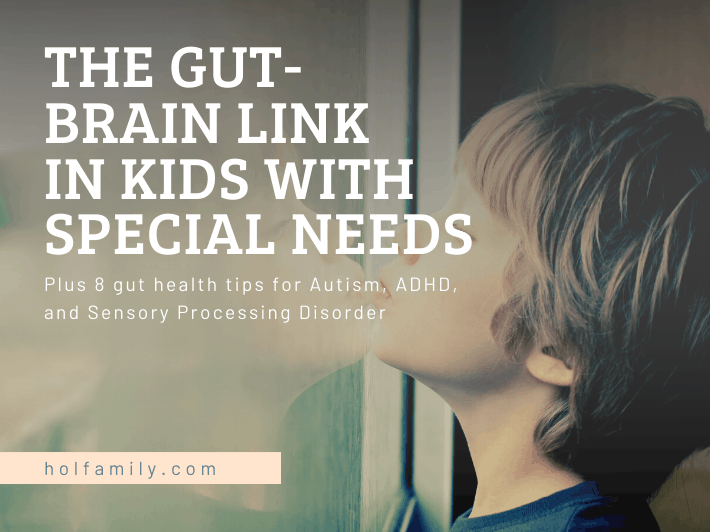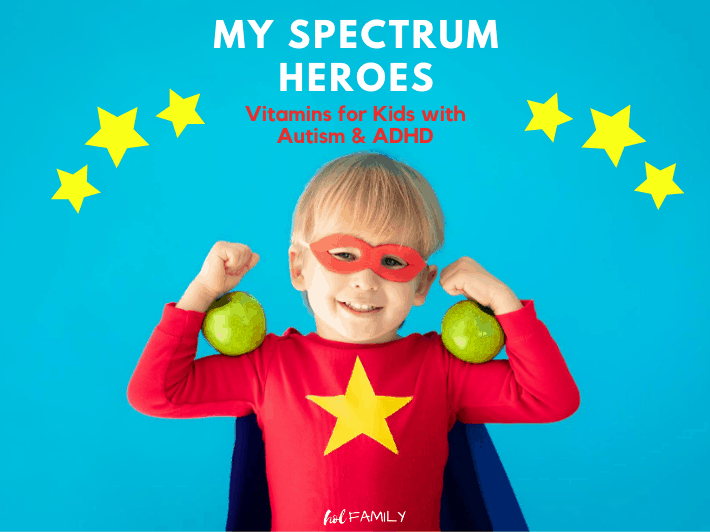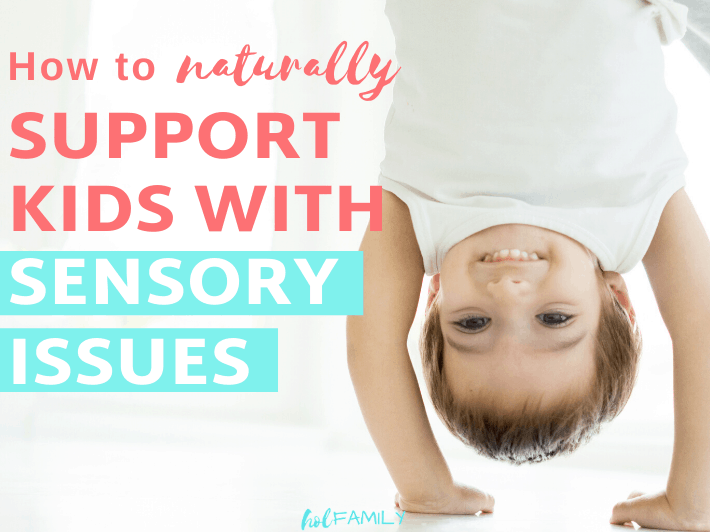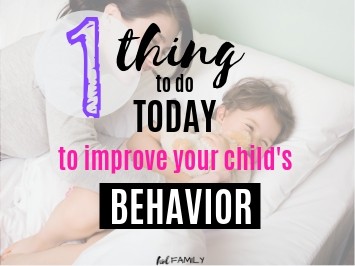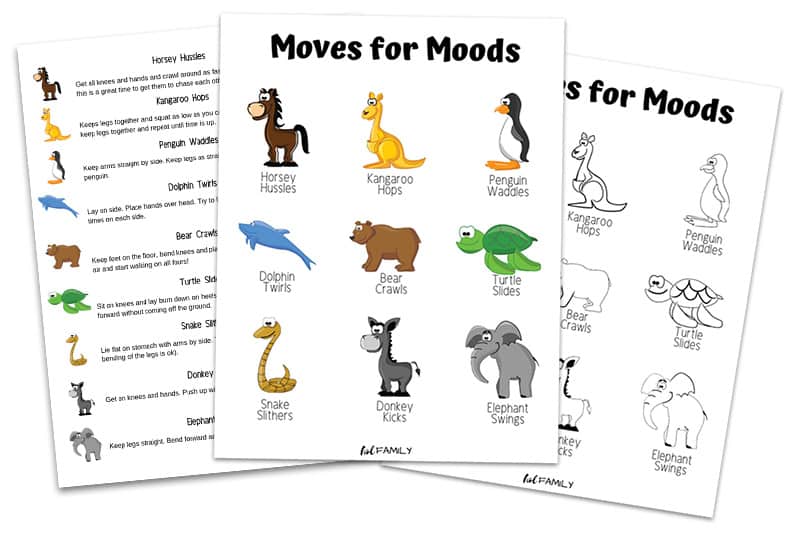“We lose ourselves in books…we find ourselves there too.”
I don’t know about you, but when I’ve had a particularly difficult day, one of my favorite ways to unwind is to curl up under a cozy blanket with a nice hot cup of tea and great novel.
When I was a little girl, my Father would crawl into bed between my sister and I every single night and read to us. I remember reading things like Peter Rabbit when we were little before moving on to Little House on the Prairie, The Chronicles of Narnia, and Anne of Green Gables. There was something incredibly comforting about losing myself in the world of an 18th century story and feeling like I had literally been transplanted from my bedroom into an incredible adventure.
As we got older, my sister and I began taking turns being the one to practice our reading skills aloud as we still all cuddled in together for our pre-bedtime routine. This continued for many years until we eventually just read solo before bed.
To this day, I try to read every night. Even when I am exhausted, if I just read for 5 minutes before bed, I have a much easier time falling asleep (probably because the last thought on my mind isn’t the long list of “to do’s” for tomorrow or analyzing my parenting failures of the day).
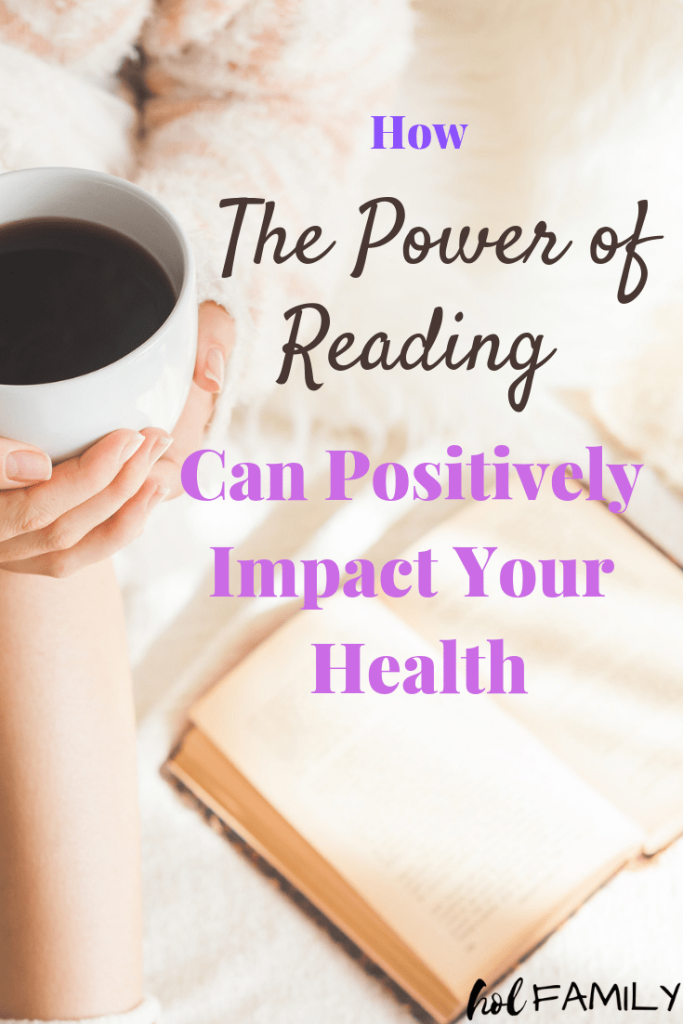
Reading is Good for the Brain
Research has shown that reading can reduce stress levels more significantly than listening to music, taking a walk, or playing video games!
My sister and I both went on to excel in linguistics and literature, testing at reading comprehension levels far above our ages at the time. In fact, research on the benefits of reading has demonstrated that losing yourself if the pages of a good novel is actually like a work-out for your brain.
Numerous studies have found that reading can actually help to re-pattern the brain and to stimulate neural pathways that can significantly reduce the onset of cognitive decline and the development of neurological conditions such as Alzheimer’s disease and dementia.
Reading Makes You Smarter
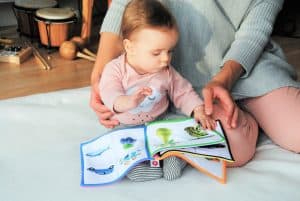
Regardless of how old you are, reading can actually improve your vocabulary by 5-15% and is especially beneficial for children whose vocabulary is directly related to the books they are reading or hearing.
If you want your children to be smart, tell them stories! Although the actual act of reading does have many benefits for the brain and is an absolutely essential skill, the real power for the brain is in the story!
When children hear stories and begin to create pictures in their minds, new neural pathways are created that lay the foundation for conceptual knowledge and learning in areas like reading, math, and reasoning.
Have you ever wondered why your children reach for the same books over and over (until the point that you can literally read the books from front to back without even looking at the words)? The reason is that as stories are told over and over, neurological pathways within the brain are myelinated (basically creating a protective barrier around the nerves). This myelination process is absolutely essential for proper nervous system functioning.
Reading Makes You Nicer
By the time children start acting out the stories that they’ve heard or read, the brain also has “absorbed” the story and processes/integrates additional neurological patterning. This is why stories with good morals and lessons can actually have a greater impact on long-term conditioning than simply being told about how to think and act. (So next time you need to teach your children about why it is important to tell the truth, try telling them a story about the virtues of honesty instead of lecturing them and watch how quickly they embrace the idea).
Reading can actually change our lives in both big and small ways. Stories may provide life-changing perspectives, improving empathy and allowing us to experience a wide array of emotions.

Reading Helps You Make Changes
Reading can inspire us to create life goals and can empower us to makes life changes that impact us on physical, spiritual and emotional levels.
For example, when we read about someone overcoming an obstacle that we are currently facing, we can find the motivation and encouragement we need to take similar steps to overcome this obstacle in our own lives.
Reading can even help us to feel more connected when we identify with certain characters in the book.
Reading Improves Our Lives
And of course, because reading is an essential skill when it comes to learning, reading can help us to improve our lives by being able to cook a new cuisine, put together a complicated IKEA bookshelf, or embark on a new career path. Even religion tends to require reading as most major religions have a central book that is the fundamental guide to their faith and beliefs.

We all can remember the way that pages seemed to come to life when we read stories as children. One minute, we were sitting in our living room looking at the pages of our favorite book…and the next minute we were knights in a medieval castle, fighting a fire-breathing dragon with a magical sword. Reading was exciting, inspiring, adventurous, and of course educational.
As young children we may spend hours reading books for fun and learning every day, but sadly as we become older, we far too often neglect one of the most important tools in life. Reading is one of the best forms of self-education and provides a welcome escape from our sometimes mundane and repetitive lives.
So pick up a good book (try the library…it’s free) or find a good article in your favorite magazine or blog, sit back and relax, turn off your phone and shut yourself off from the rest of the world and all its troubles, put your worries aside and experience of all the positive and calming benefits that reading has to offer you.
What is your favorite book of all time? Leave a comment below and let us know!
